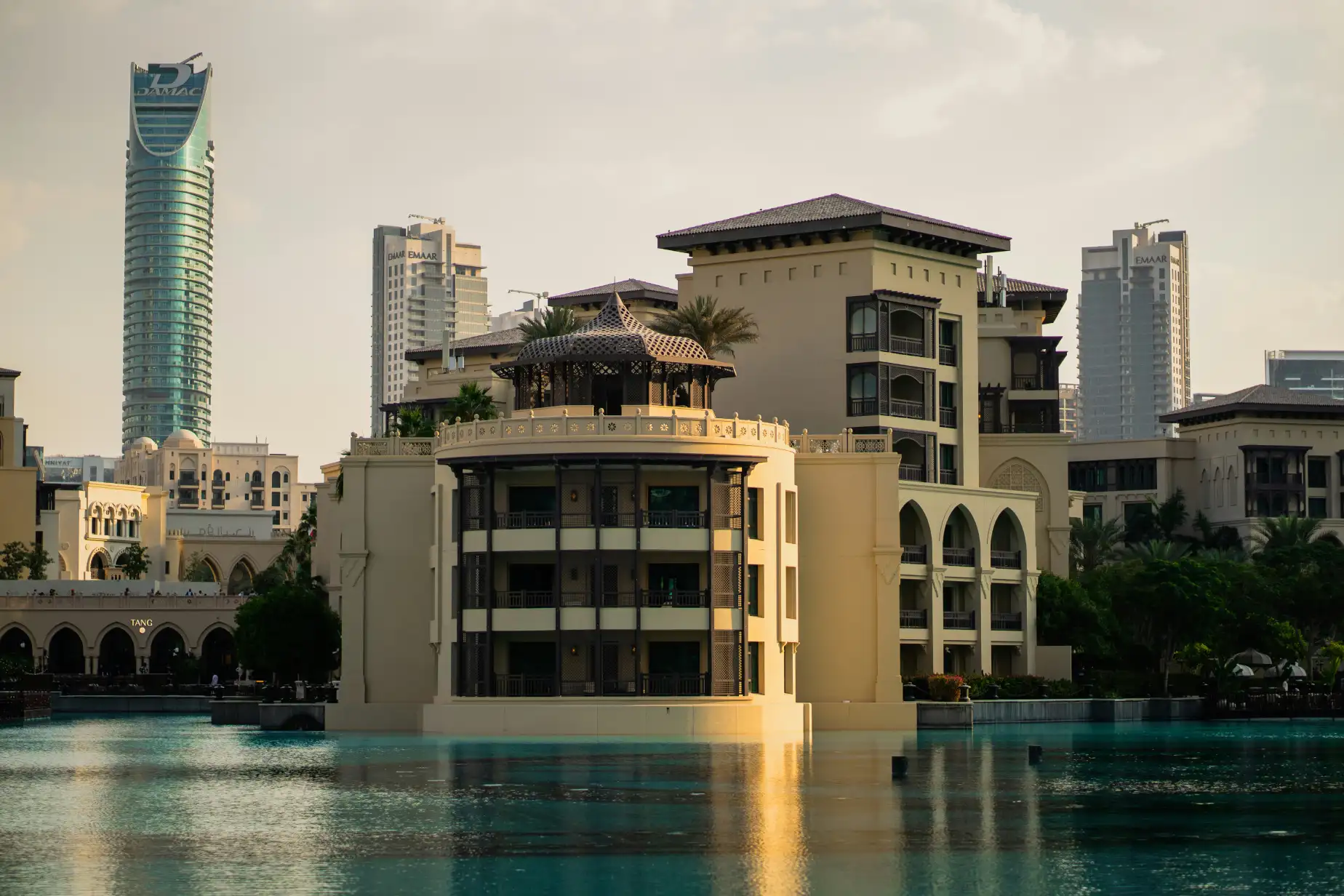Selling property in Dubai is a straightforward process when handled through the correct legal channels and with accurate market valuation. Regulated by the Dubai Land Department (DLD) and the Real Estate Regulatory Agency (RERA), every transaction follows a transparent framework that protects both sellers and buyers.
Whether you are a Dubai resident or an overseas owner, this guide explains how to prepare your property for sale, what documents are required, and how to complete the process in full compliance with local regulations.
Step 1: Verify Ownership and Documentation
Before listing your property, ensure that your Title Deed is issued by the DLD and reflects your current ownership. You can confirm this through the Dubai REST app, which verifies property data and ownership status.
If your property is mortgaged, you must also obtain a liability letter from your bank, confirming the outstanding loan amount. This letter is valid for 15 days and is required to clear the mortgage before final transfer.
Essential documents for selling:
- Original Title Deed
- Passport and Emirates ID (or Power of Attorney for non-residents)
- No Objection Certificate (NOC) from the developer
- Recent service charge clearance letter
These ensure that your property is legally eligible for sale and free of financial or administrative restrictions.
Step 2: Obtain a Property Valuation
Pricing is critical in Dubai’s competitive real estate market. According to CBRE’s Residential Market Report (Q2 2024), Dubai experienced an average 16% annual increase in villa prices and 12% in apartments over the past year.
To determine a fair market value:
- Review recent DLD transaction data for similar units in your area.
- Consult licensed brokers for updated valuations based on current demand.
Avoid overpricing, as buyers in Dubai are highly data-driven. Correct pricing can significantly shorten your time on the market.
Step 3: Appoint a RERA-Licensed Agent
Sellers are legally required to work with an RERA-licensed real estate agent to list their property. To verify an agent’s license, you can use the Trakheesi system via the Dubai REST app.
A reliable agent assists with:
- Listing and marketing your property on approved portals.
- Managing viewings and negotiations.
- Ensuring all offers and documentation comply with DLD regulations.
Commission fees are typically 2% of the final sale price, payable upon successful transfer.
Step 4: Secure a Sale Agreement (Form F)
Once a buyer is identified, both parties must sign a Form F (Memorandum of Understanding) through the DLD’s Ejari or Trakheesi system. This document defines the agreed sale price, deposit, and timeline for transfer.
The buyer usually pays a 10% security deposit, held by the agent or DLD trustee office until completion. It’s critical that sellers only use official DLD channels to prevent disputes.
Step 5: Obtain a No Objection Certificate (NOC)
The developer NOC confirms that all service charges and payments are up to date. This step is mandatory before final transfer. Developers may charge a small NOC fee (typically AED 500–5,000, depending on the project).
Once issued, the NOC allows the sale to proceed at the DLD Trustee Office.
Step 6: Final Transfer at the DLD Trustee Office
At the final appointment:
- Both buyer and seller (or their representatives) attend.
- The buyer provides a manager’s cheque for the purchase amount.
- The DLD representative reviews documents and issues the new Title Deed in the buyer’s name.
The DLD transfer fee is 4% of the property value, typically paid by the buyer, plus a DLD admin fee of AED 580.
Sellers will receive their proceeds once the transaction is officially registered.
Step 7: For Non-Resident Sellers
If you live abroad, you can sell your Dubai property by issuing a Power of Attorney (POA) to a local representative or agent. The POA must be notarized and attested by the UAE Embassy in your home country before being used in Dubai.
All processes, from marketing to final transfer, can be completed on your behalf under DLD supervision.
Tips for a Smooth Sale
- Clear all service charges and utilities before applying for NOC.
- Ensure all home modifications or extensions have developer approval.
- Keep communication transparent with the buyer to avoid delays.
- Always use licensed agents and official DLD trustee centers.
Selling a property in Dubai is secure and efficient when managed within the DLD and RERA framework. By preparing documentation early and working with certified professionals, sellers can complete their transactions quickly and confidently.
If you’re considering selling your property, visit Sell Property in Dubai or explore our Real Estate in Dubai page for guidance on valuations, agents, and documentation requirements.



